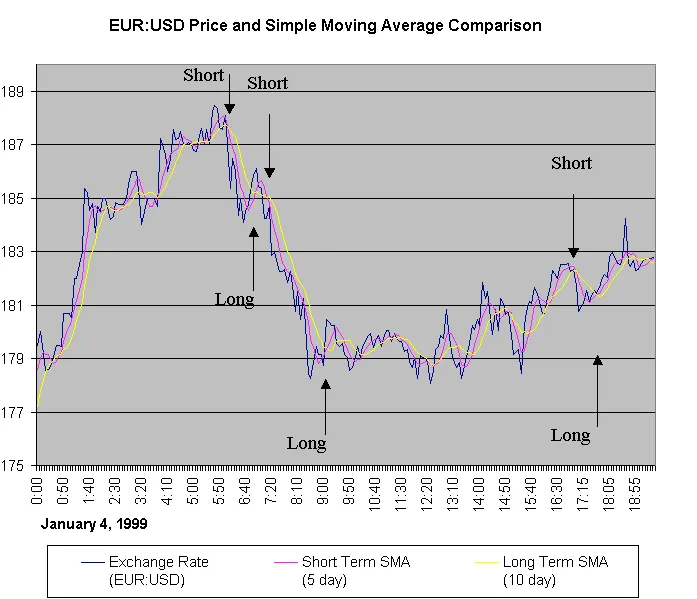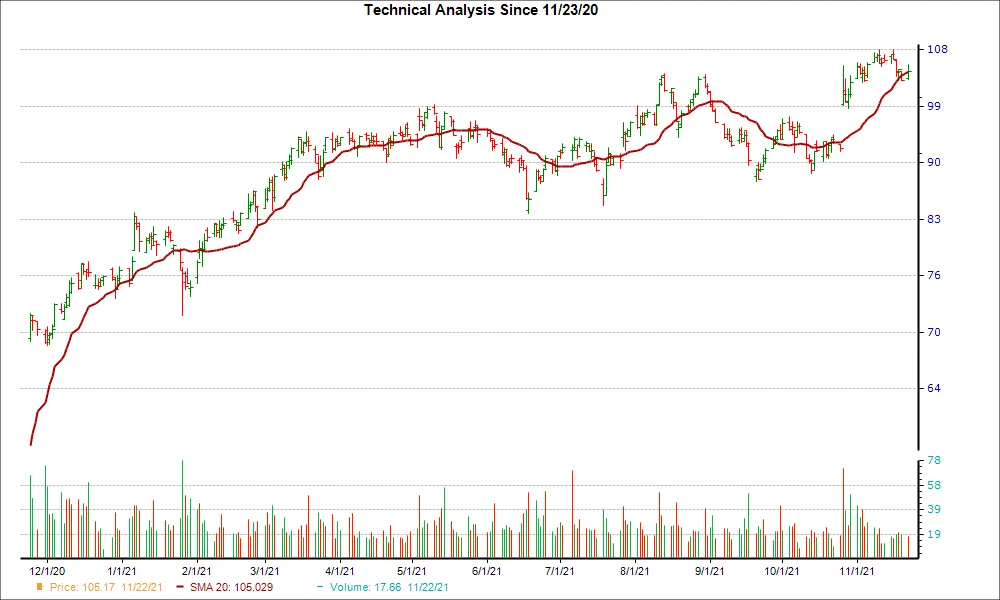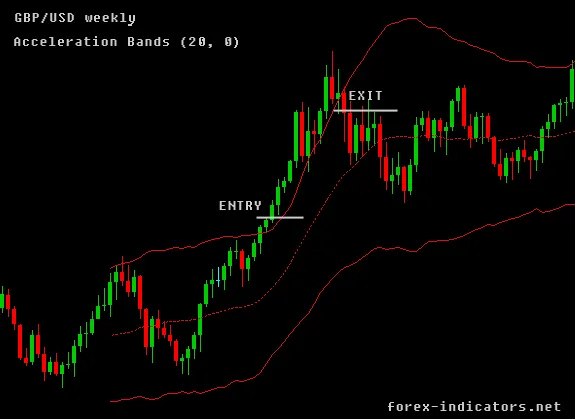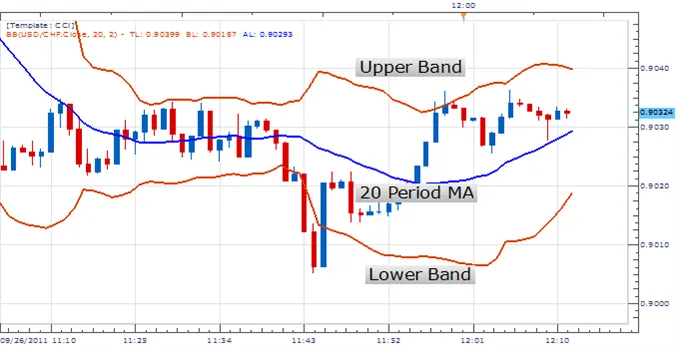Overbought: What It Means and How To Interpret Overbought Levels
By Samantha Baltodano
As an investor, it's important to understand the concepts of overbought and oversold in the stock market. Overbought and oversold levels can provide valuable information for investors as they make decisions about buying or selling. In this blog, we will focus on the meaning of overbought and how to interpret overbought levels in the stock market.
What Does "Overbought" Mean?
Overbought refers to a stock or the market as a whole that has risen significantly in price and may be due for a correction or a drop in price. This occurs when demand for the stock becomes too high, and there are more buyers than sellers, leading to a higher price.
Think of it like this: if everyone in your neighborhood suddenly wants to buy a specific item, the price of that item will increase. But eventually, the demand will level off, and the price may drop because there are no longer more buyers than sellers. The same concept applies to stocks and the stock market.
Interpreting Overbought Levels
Overbought levels can be interpreted in a number of ways. One of the most common methods is using technical analysis, which looks at historical price and volume data to determine potential future price movements.
Technical analysts use various indicators, such as the Relative Strength Index (RSI) and the Stochastic Oscillator, to determine if a stock is overbought. These indicators are based on mathematical calculations and can provide a visual representation of the stock's price and momentum.
For example, if the RSI indicator shows a reading above 70, this may indicate that the stock is overbought and due for a correction. Conversely, if the RSI indicator shows a reading below 30, this may indicate that the stock is oversold and due for a bounce back.
–
It's important to note that overbought and oversold levels are not always reliable and should not be used as the sole basis for investment decisions. Other factors, such as market conditions, economic indicators, and company-specific news, should also be considered.
Like what you read? Check out the rest of our content!




